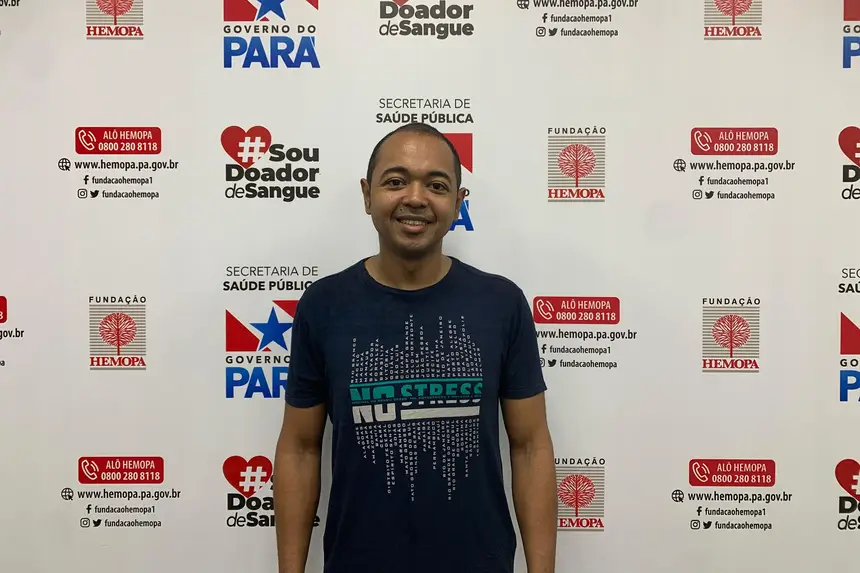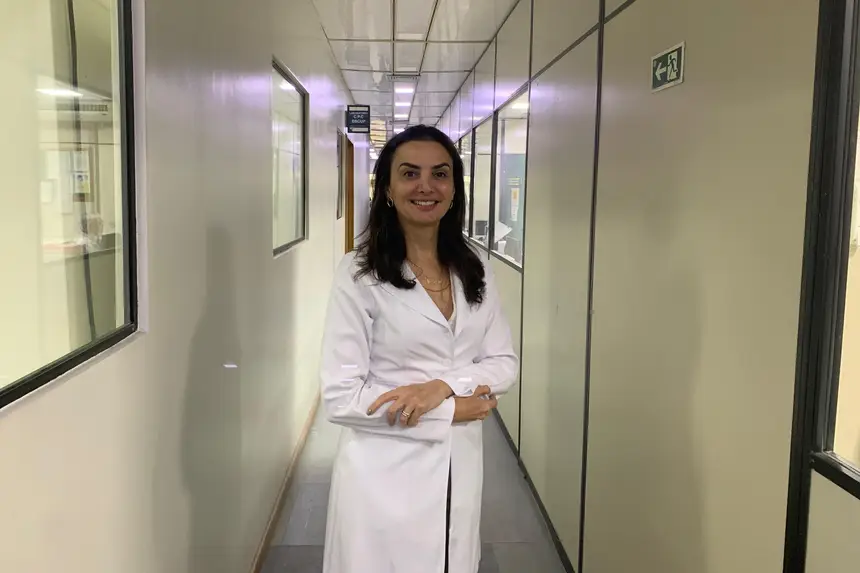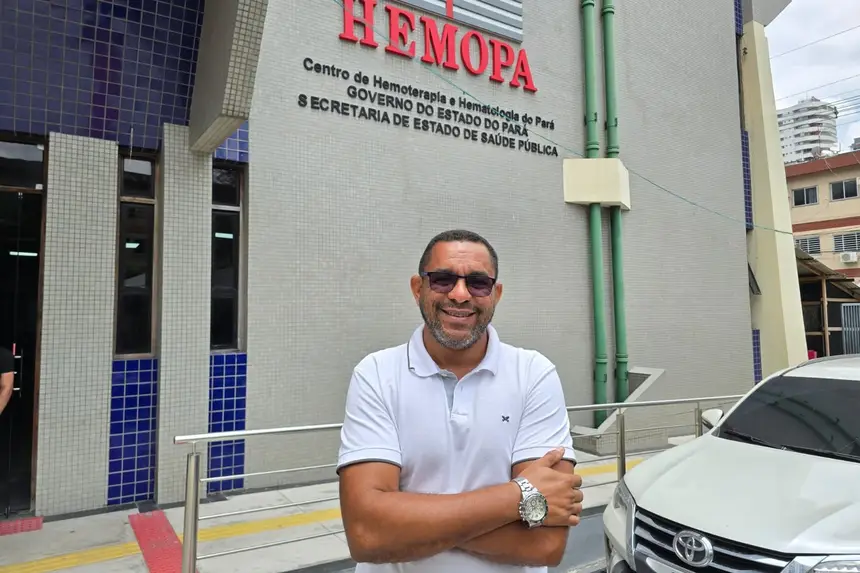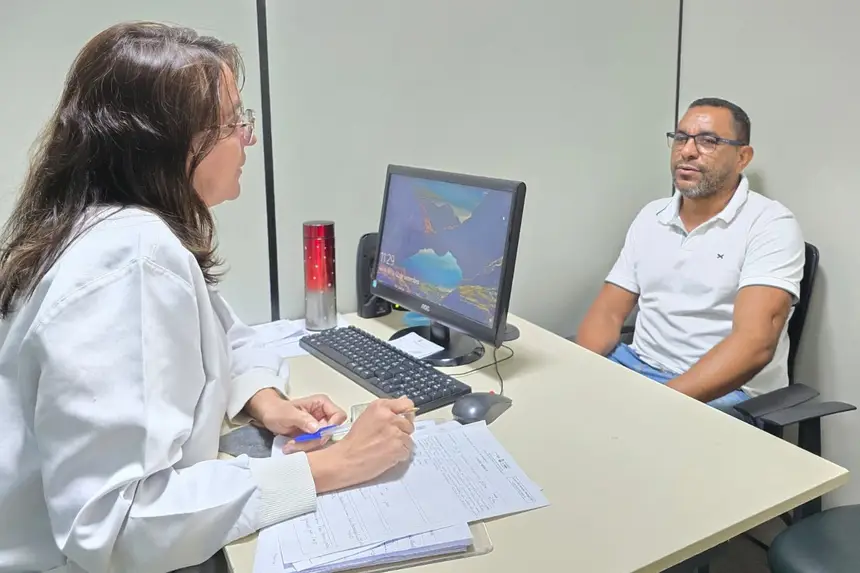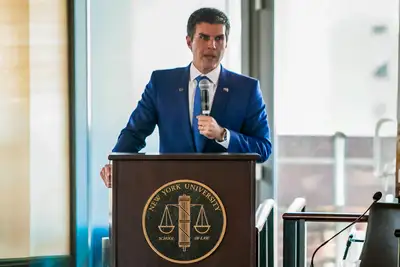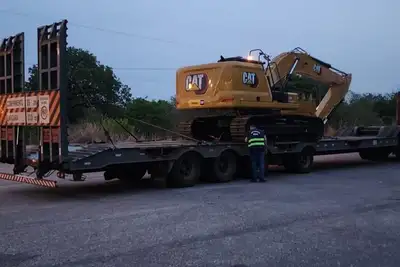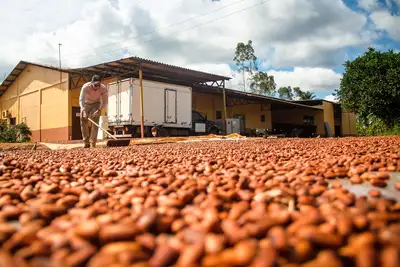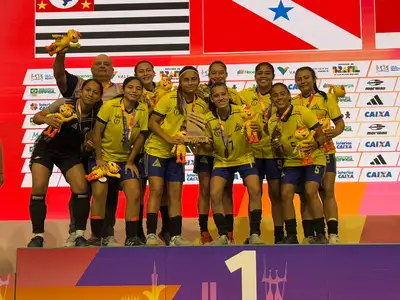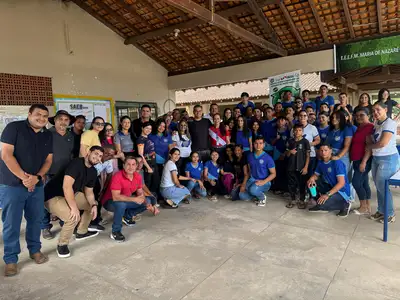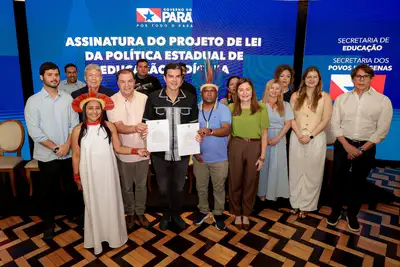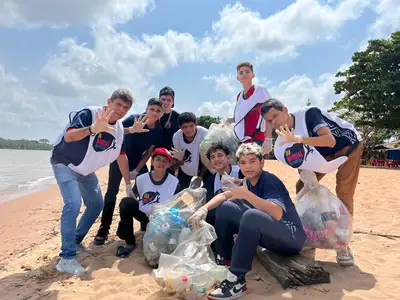Pará records over 2,3 thousand bone marrow donations in 2025
The gradual increase in the number of donations in recent years demonstrates the growing adherence of the population of Pará to this charitable gesture.
On September 20, World Marrow Donor Day (WMDD) is celebrated, a date that honors people who are willing to donate life through registration in the National Bone Marrow Donor Registry (Redome). Fortunately, in recent years, Pará has recorded an increase in the number of donations, which are essential for performing bone marrow transplants.
According to the Donor Recruitment Management (Gecad) of the Hemotherapy and Hematology Center of Pará Foundation (Hemopa), a reference in performing transplants and monitoring hematological patients, in 2023, 2,317 donations were recorded. In 2024, the volume increased to 2,733 donations. By 2025, only until August, the State recorded 2,310 donations, demonstrating the growing adherence of the population of Pará to this charitable gesture.
The president of the Hemopa Foundation, Paulo Bezerra, emphasized the importance of the date to reinforce solidarity. “We celebrate World Bone Marrow Day, a date that reminds us of the power of solidarity. Each registration, each donation, is a real opportunity to save lives. Donating marrow is a gesture of hope. The more people become donors, the greater the chance for those waiting to find their cure. On this day, we renew our commitment to inform, raise awareness, and, above all, inspire. Because donating marrow is donating life,” he emphasized.
According to hematologist and hemotherapist Ana Luisa Meirelles, the technical responsible for the Cell Processing Center of the Hemopa Foundation, maintaining the Redome is essential to save lives. “The Redome is the third largest registry of voluntary donors and, in Brazil, it has very good representation. However, annually, some donors end up leaving the bank because they have reached the maximum age for donation. Therefore, the registry is also maintained by the entry of new volunteers. There was a large number of new registrations between 2022 and 2024, but the number of patients needing transplants has also increased. Maintaining the registry is mandatory for transplants to occur,” she explained.
She emphasizes that there is no single waiting list, but rather a search for genetic compatibility. “We know that there are diseases, especially onco-hematological ones, that are only curable with a bone marrow transplant. For those who follow these patients daily, it is distressing to experience the unavailability of a donor at the moment of need. Some can only achieve this effective treatment if they have a compatible donor in the Redome. It is the hope of patients who have no other therapeutic possibility,” she highlighted.
Transplant saves lives
Among the patients treated by Hemopa is Raimundo Xavier Dias, 47 years old, who underwent a transplant in 2013, after more than two decades of treatment. “It was the best news I received in my life, even with the fear that it wouldn’t work. I spent five years chasing information about transplants until I found Hemopa. I entered the office crying from pain and left with all the necessary papers for the transplant. Hemopa has always been my second home; it was through it that I managed to get here,” Raimundo reported.
Another example is Seiji Mateus Silva, 29 years old, a Pharmacy student. For him, the transplant was a chance for healing and life. “The transplant was very important because I didn’t have a compatible donor in my family. It was my option for healing, which saved me. Today I encourage people to register because it is a quick and simple procedure, and you can not only save the patient but the whole family that suffers along with them. In my life, the impact was very positive: today I can study, work, run, walk, things I couldn’t do before because of anemia. The transplant gave me a second chance to live,” he stated.
Service: Hemopa collects blood samples for the registration of new donors, which can be done by anyone between 18 and 35 years old, in good health. The material is sent for genetic compatibility analysis and entered into the Redome, which matches donor data with patients waiting for a transplant.
To register in Pará, just look for any blood center, blood collection unit, collection point, or external campaigns of the Hemopa Foundation carried out in partnership with public and private institutions. It is equally essential that already registered volunteers keep their personal data and addresses updated, ensuring that, in case of compatibility, contact is quick and efficient to save a life.


